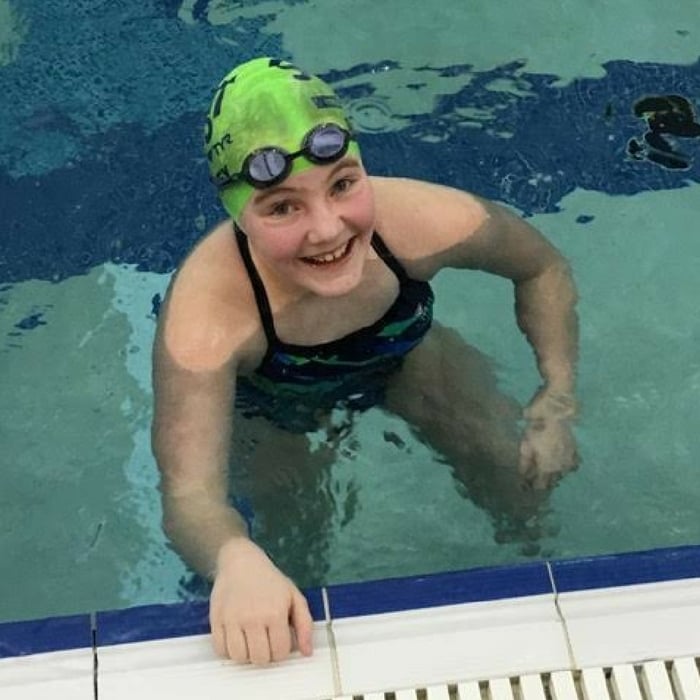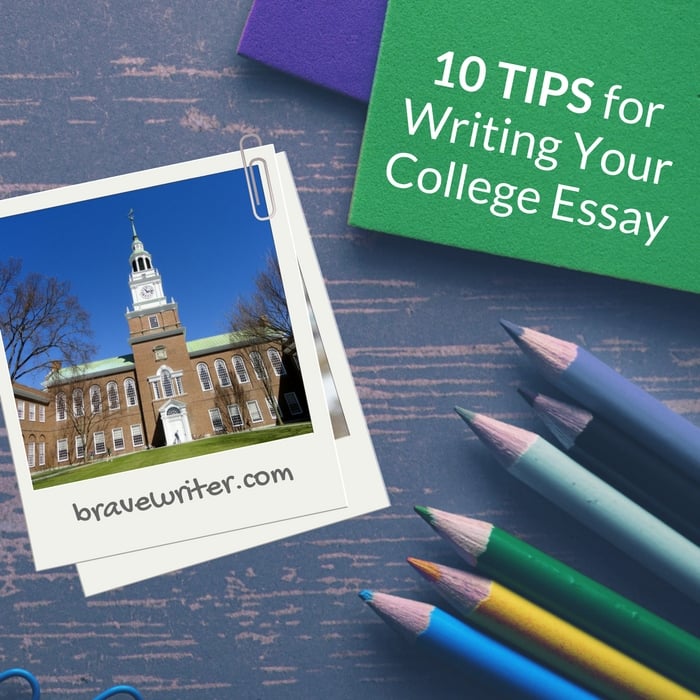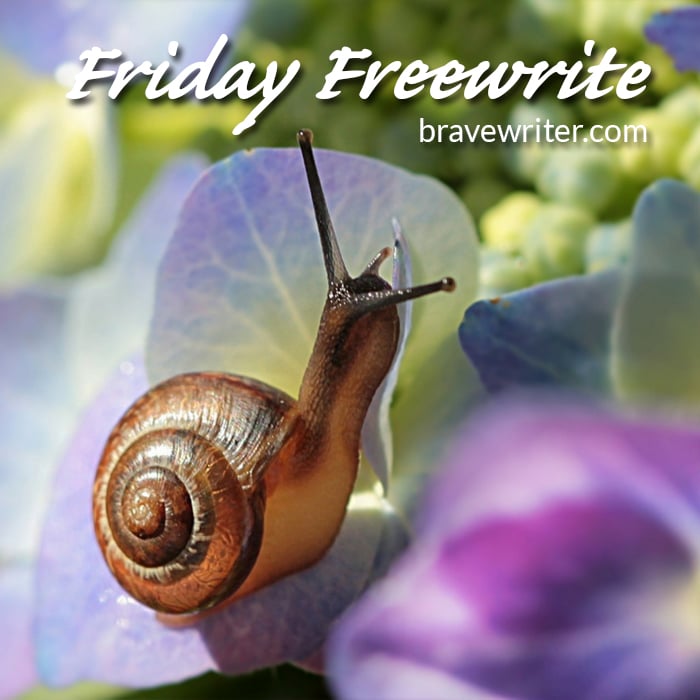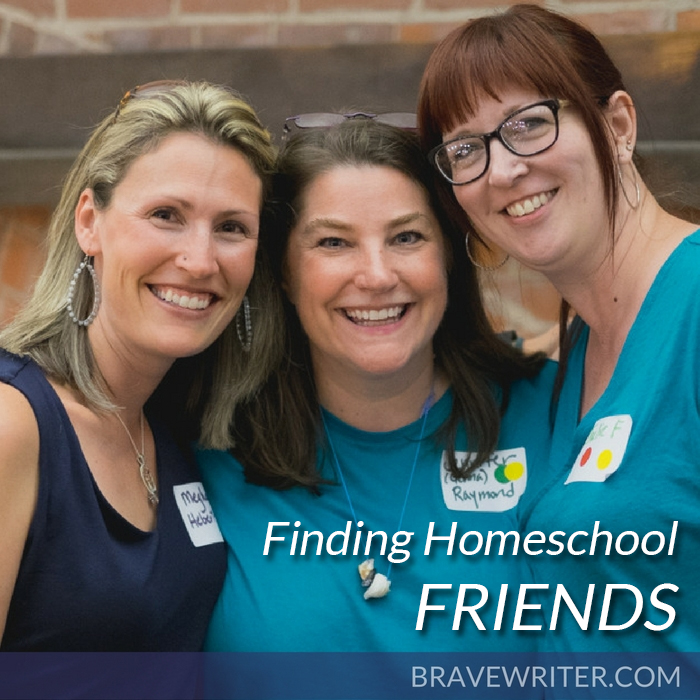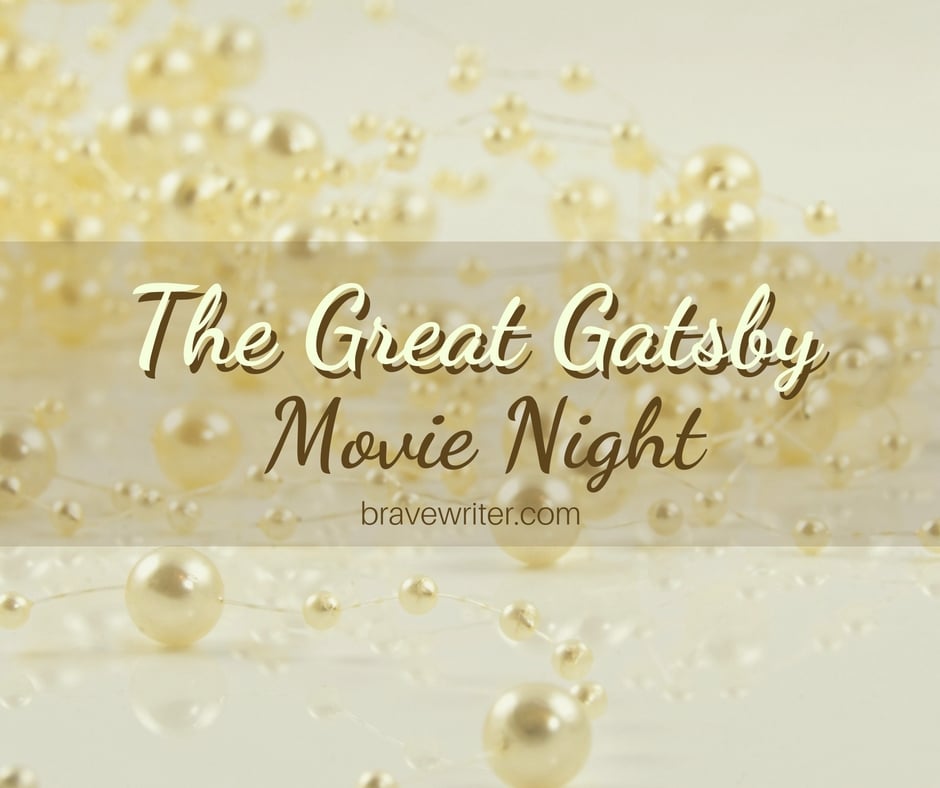One of our students in our The Writer’s Jungle Online class (taught by the fabulous Sarah Holden) and had her final piece published on a swimming website! Congratulations, McKenna! Here’s the intro to her essay:
The Sound of Swimming
by McKenna Rooney
It’s Regionals, the last big meet before State. Three grueling days of racing. It’s Friday night, day one.
The normally packed Rec Plex, (one of the biggest aquatic sports complexes in all of America) is pretty empty – there must be very few crazy people like me who want to start their weekend off with a distance race.
I’m waiting to swim the 500 free – 20 long laps of music going through my head over and over again. Ugh.
As I get up to approach the blocks my coach, Scott, said to me “I want you to break seven minutes.”
I gulped and said “Okay? Sure?” My seed time was 7.11.96, meaning I had to drop almost 12 seconds off my best time to achieve this new goal. I nod my head, but in my mind I’m thinking, “You’re insane!”…Read the rest on Swim Swam.

